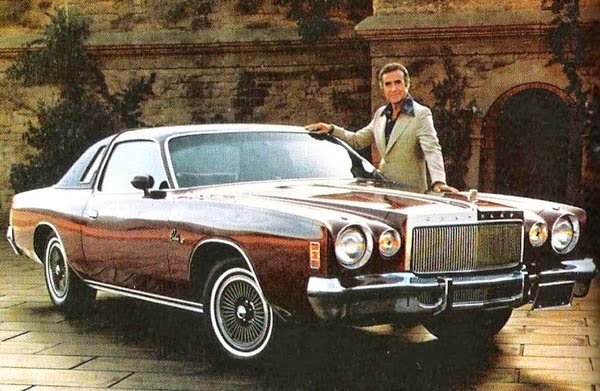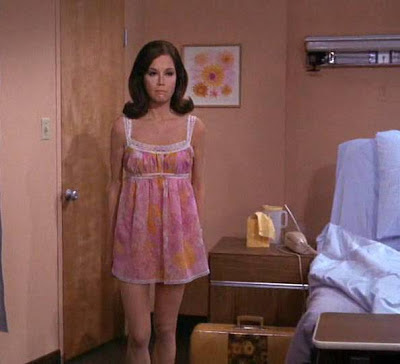For most people an evening
spent watching old television shows is something that is settled for, when more
exciting activities are too costly or unavailable. But for those of us who love
this stuff, it’s an entertainment option we not only prefer even when other
opportunities present themselves, but also something we look forward to,
sometimes all day.
Comfort TV fans all have
their preferences when it comes to classic TV viewing. Some like to marathon
episodes from one show, while others mix and match at random. More ambitious
fans may create theme nights built around a specific writer or actor or
subject.
For me, one of my favorite
Comfort TV activities is to recreate an evening of television from 30 or 40
years ago. It’s a way to vicariously travel back into the past and watch the
programs that people watched back then, in the order in which they watched
them.
If you’d like to try it,
and you have access to the DVDs or a good streaming service, here are some
noteworthy retro TV nights that will bring back memories, and renew your
appreciation for the consistency of quality that we used to take for granted
from our television networks.
CBS: Saturday, 1973
All in the Family
M*A*S*H
The Mary Tyler Moore
Show
The Bob Newhart Show
The Carol Burnett Show
This is, and most likely
always will be, the best night of television ever scheduled. Spend an evening
with episodes of these five classic series, all now ranked at or near the top
of their respective genres, and you’ll wonder why anyone would go out on
Saturday nights in 1973.
ABC: Thursday, 1964
The Flintstones
The Donna Reed Show
My Three Sons
Bewitched
Peyton Place
What makes this lineup
interesting is how these shows now seem to belong to different television eras.
The Donna Reed Show has a 1950s
vibe, while Bewitched is
definitely a classic ‘60s series. The Flintstones could have emerged from any decade, though most
wouldn’t connect them historically with the year the Beatles invaded America.
And Peyton Place looked forward
to a time when the medium was open to more mature content.
NBC: Thursday, 1985
The Cosby Show
Family Ties
Cheers
Night Court
Hill Street Blues
One of the preeminent
“must-see TV” nights of the 1980s, with some logical symmetry in the pairing of
two family sitcoms followed by two workplace sitcoms, each with escalating
maturity in subject matter, and capped by one of the decade’s best dramas.
ABC: Friday, 1971
The Brady Bunch
The Partridge Family
Room 222
The Odd Couple
Love American Style
Great memories here for
late Baby Boomers like myself. Room 222 has not been as widely syndicated over the years as the other sitcoms
in this standout ABC lineup, but it’s a brilliant show worth rediscovering on
DVD. The weakest link here is Love American Style, though the diverse guest-star lineups help to
offset its sophomoric sensibilities.
CBS: Wednesday, 1965
Lost in Space
The Beverly Hillbillies
Green Acres
The Dick Van Dyke Show
What seems eclectic at
first actually makes perfect sense. Lost in Space and Beverly Hillbillies both deal with families coping outside of familiar
environments. There’s an obvious rural connection between Hillbillies and Green Acres, and while the latter might seem incompatible with The
Dick Van Dyke Show, it was actually
a much smarter series than it seemed at first glance.
ABC: Tuesday, 1977
Happy Days
Laverne & Shirley
Three’s Company
Soap
Here’s an ideal retro
lineup after a tough day at work, when all you want is to set your brain to
autopilot and take in some lighter TV fare that does not require careful
attention.
And for those that really
want to recreate a retro TV night as closely as possible, if you have access to
YouTube streaming on your television you can fill the gaps between episodes
with commercials from the same era, or perhaps network bumpers or promos. See you in the '70s!














